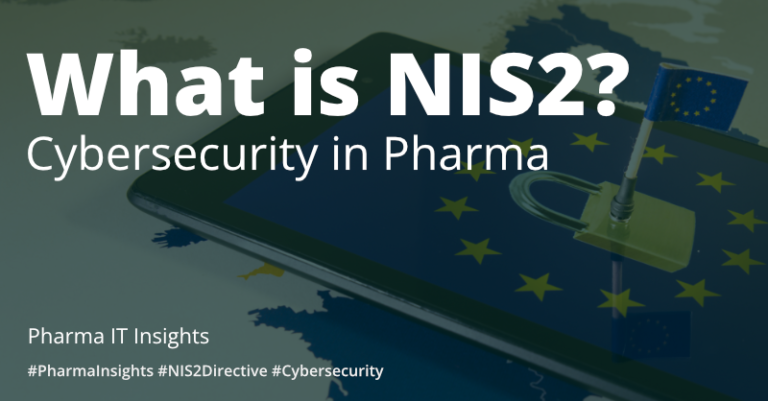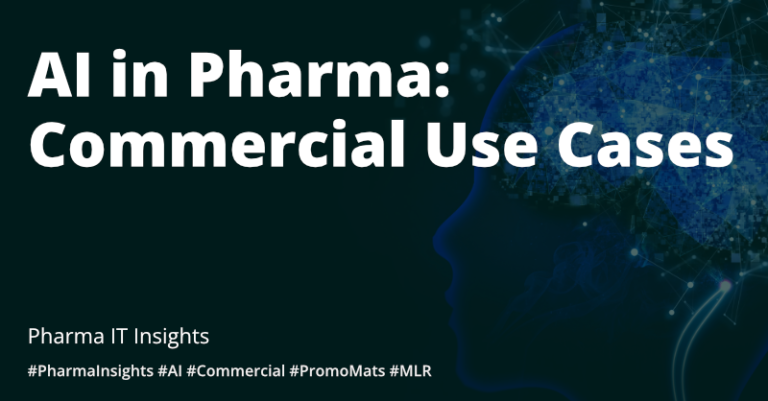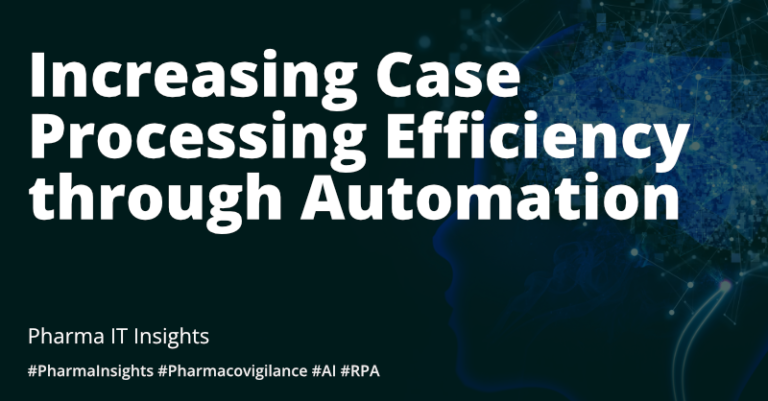Pharma IT Insights
Exclusive Interview on the rising importance of Omnichannel Marketing within the pharma domain
By Martin Rother Breyen and Naomi Jade Kellogg
January 23, 2023
Pharma IT Insights
Exclusive interview on the rising importance of Omnichannel Marketing within the pharma domain
By Martin Rother Breyen and Naomi Jade Kellogg
January 23, 2023
Share on email
Share on linkedin
Share on twitter
Share on skype
Share on facebook
Omnichannel Marketing is a key trend within the commercial pharma space. For this Insight, we sat down with Director of Commercial & Medical Systems, Martin Rother Breyen, to learn more about what it is, why it matters, and how to use it! Read more below.
N: Hi, Martin. Will you please tell us a little about yourself?
M: Of course. My name is Martin Rother Breyen. I’ve worked in the pharma industry for over 10 years within IT implementation, omnichannel, digital asset managment, Veeva, and commercial processes. These days I work as Pharma IT’s Head of Commercial & Medical Consulting.
N: We are seeing many rising trends within the commercial space in the pharma domain. One big trend is the rise of omnichannel marketing. What is it?
M: Omnichannel marketing is a new way of working within the life sciences. It ensures personalized and relevant content will be presented to company’s customer in a consistent manner via integrated technical channels. The relevant content is shaped on individual customer preferences and will encourage engagement. This increased engagement leads to increased prescriptions and sales of products.
N: Omnichannel marketing has long been seen as best practice in many other industries. Why don’t more pharmaceutical companies use omnichannel marketing?
M: I think that there are several reasons why the pharmaceutical industry has been a late adopter to omnichannel marketing.
First, the regulatory environment for pharmaceutical marketing is highly restrictive. Pharmaceutical companies are subject to strict rules and regulations governing the way they can promote their products, including the types of marketing channels they can use and the types of messages they can convey. This can limit the ability of pharmaceutical companies to engage in omnichannel marketing, as it requires coordination across a variety of channels and may involve the use of new or emerging technologies.
Second, the target audience for pharmaceutical products is often highly specialized and may require a more targeted marketing approach based on data that is sensitive and often more difficult to obtain. This can make omnichannel marketing within pharma more challenging, as it requires a deep understanding of the needs and personal preferences of the target audience and the ability to tailor marketing efforts to meet those needs.
Finally, reaching an omnichannel stage requires an advanced technical collaboration between several different IT systems within the commercial business area of the life science company. E.g., data covering engaged Health Care Provider (HCP) preferences will be logged in another system than the one storing commercial content materials. And for linking the correct matching commercial content materials to a HCP, it will require an integration to preferences.
On top of integrating the right technical integrations and cloud systems, all processes will require a rebuild to support the overall omnichannel way of working. If preferences are not updated accordingly, it will not be possible to grasp changes in the companies HCP customer group. If tags are not applied correctly, one will never be able to match commercial content for an applied channel and journey.
N: Given these challenges, what are the benefits of using omnichannel marketing for pharma companies?
M: Despite the challenges, there are several potential benefits to using omnichannel marketing for pharmaceutical companies.
First, omnichannel marketing can help pharmaceutical companies reach a wider audience by leveraging a variety of channels and platforms. For example, a pharmaceutical company might use a combination of online and offline channels, such as social media, email, direct mail, ads, and events, to reach its target audience. This can help the company reach a larger and more diverse group of potential customers.
Second, omnichannel marketing can help pharmaceutical companies build stronger relationships with their customers by providing a seamless and consistent experience across all channels. By using a consistent brand voice and messaging across channels, companies create a strong, positive brand image. This helps companies build trust and credibility with their customers, which is especially important in the highly regulated and competitive pharmaceutical industry.
Third, omnichannel marketing can help pharmaceutical companies gather valuable customer data and insights. By tracking customer interactions and behavior across channels, a pharmaceutical company can gain a better understanding of what works and what doesn’t in its marketing efforts. This enables data-driven decision making about the execution & optimization of the marketing strategy.
Finally, omnichannel marketing can help pharmaceutical companies increase customer engagement and loyalty. By providing personalized and relevant content and experiences to customers, a pharmaceutical company can help build a strong, loyal customer base that is more likely to continue using its products and services over time. This can help the company generate ongoing revenue and build a strong foundation for future growth.
Do you need assistance with Omnichannel Marketing?
Click below to get in touch.
Do you need assistance with Omnichannel Marketing?
Pharma IT can help you Improve Customer Engagement, Increase Sales, and Enhance ROI with Omnichannel Marketing.
Click below to get in touch.
N: Let’s say I believe that the benefits outweigh the costs. How do I get started?
M: We advise our customers to start by envisioning what success would look like – instead of beginning by understanding how they will implement the strategy itself. This means identifying your omnichannel end game. What is it exactly you want to achieve? When can you define your operations as omnichannel marketing?
We usually begin by working with clients to define a minimum of 5 feasible omnichannel marketing features their system should be equipped for and call this the minimum viable product. This gives us a strong foundation to build a more complex omnichannel marketing system upon.
This is the first stage of our 5 Stage Omnichannel Marketing Framework.
N: What are the other 4 phases?
M: In Phase 2, we work our way “backwards” from your omnichannel end game, by identifying the projects and channels that would help you reach the goal and target audience. In Phase 3, we scope projects for time, resources, dependencies, and effort. In Phase 4, we set our marketing sequence and execute needed projects. Finally, in Phase 5, we realize and optimize the benefits of your omnichannel stage.
N: That sounds complex. Do you have any suggestions our readers should consider?
M: I have a few tips.
- When you are just getting started, I’d always suggest working with a qualified partner.
- Do not being afraid to utilize the mountains of data already utilized in your systems
- To reach your omnichannel stage, you must execute and finalize a sequence of technical and processual projects for laying the foundation.
- Understand that omnichannel marketing is not a project but a constant way of working.
N: Thanks a lot Martin! Do you have any closing remarks?
M: I am always available to discuss Omnichannel Marketing transformation and any other commercial challenge with those interested. So feel free to reach out at maro@pharmait.dk or +45 7196 2131. You can also learn more about all of our commercial & medical systems offerings here.
About the author(s)
Martin Rother Breyen is holds more than 10 years’ experience in the pharmaceutical industry working with IT implementation, Omnichannel, Digital Asset Management, Veeva & Salesforce implementations, Veeva architecture, Veeva technical integrations and commercial / medical processes. Martin works as Pharma IT’s Director of Commercial & Medical Consulting.


